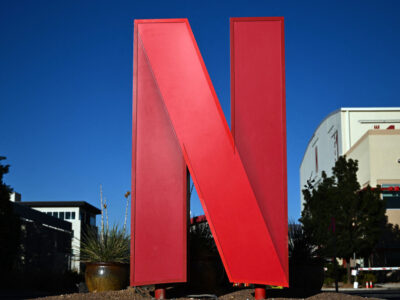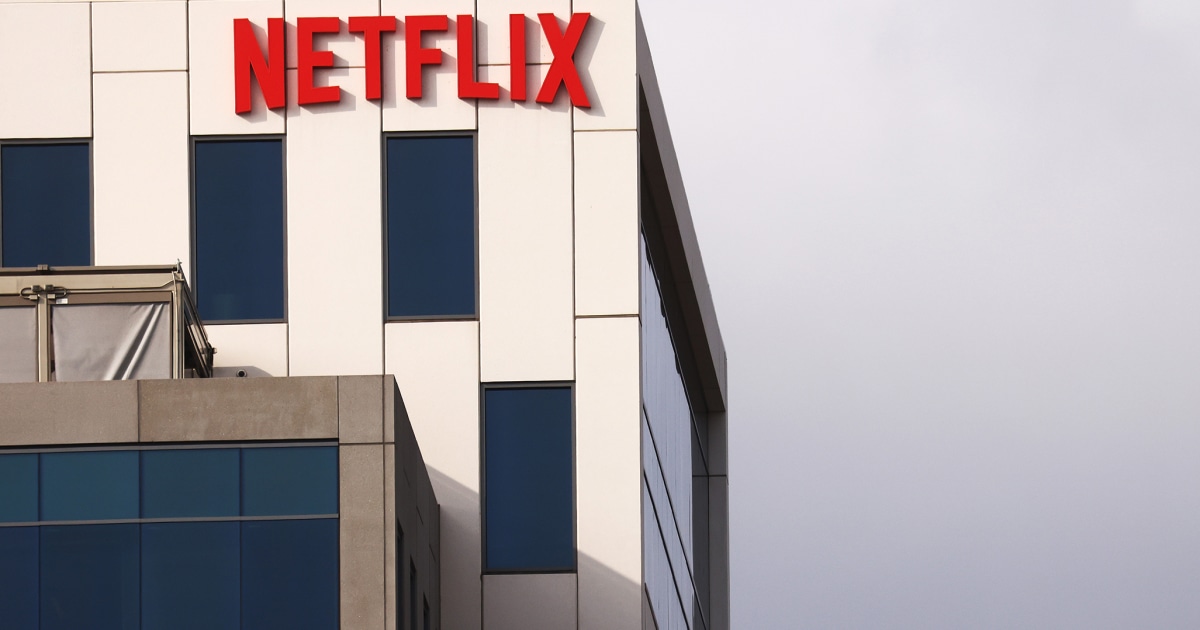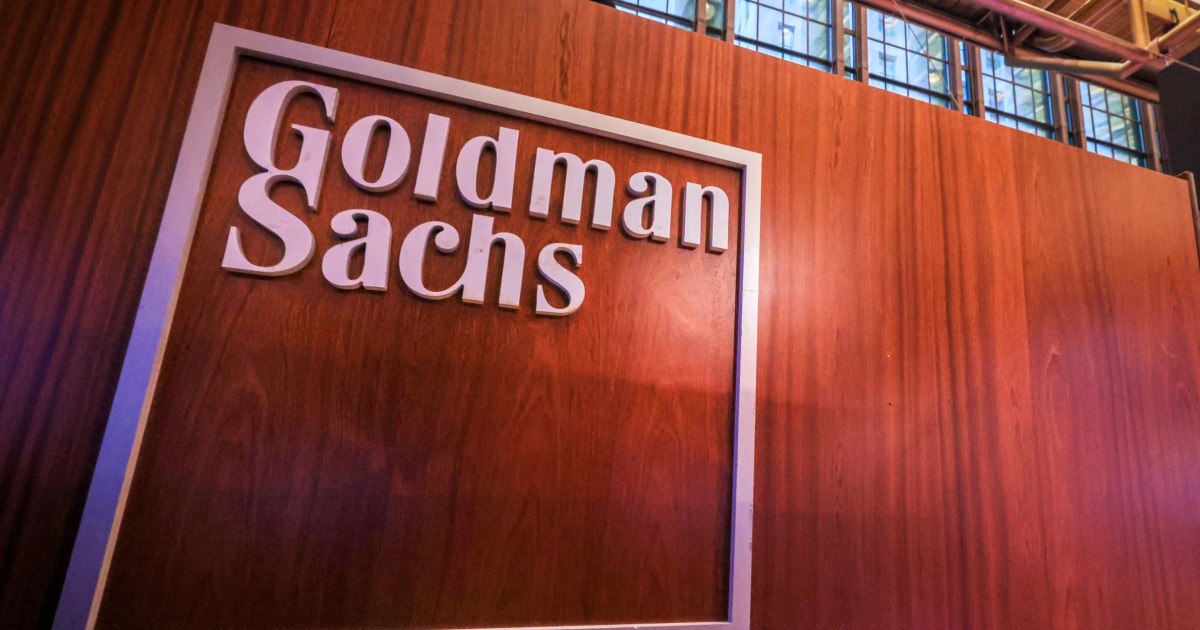
’Tis the season for gifting, and young people aren’t leaving themselves out.
Nearly half of Gen Z (47%) and millennial (43%) consumers plan to buy gifts for themselves this holiday season, according to researchers at the consulting firm Deloitte. That’s far ahead of the 27% of Gen-Xers and 15% of baby boomers who plan to do the same.
A value-driven caution has settled into holiday gift buying this year, and retailers are dangling deals and promotions to attract increasingly frugal shoppers — including those thinking twice about treating themselves.
But during the busy Black Friday and Cyber Monday sales weekend, Gen Z shoppers broke with other age cohorts to expand their self-gifting plans, from 65% last year to 69% this year, Deloitte found. Clothing and accessories, health and wellness, electronics, and experiences like travel and live events are some of the most popular categories for this type of holiday buying.
At this age, I can just buy things for myself, so I’m going to.
Lexi Zaragoza, 26, Santa Barbara, Calif.
Lexi Zaragoza, a 26-year-old children’s social worker in Santa Barbara, California, said her biggest personal splurge this year was a gold locket from the jewelry brand Catbird.
“At this age, I can just buy things for myself, so I’m going to,” she said.
Zaragoza has been in her current role for two and a half years, her first full-time job after earning a master’s degree in 2022. She also teaches cycling fitness classes on the side and said she’s now making enough to comfortably shop for loved ones this season and treat herself, too.
Like virtually every generation that came before them, Gen-Zers and millennials have been criticized as coddled and self-absorbed, but some of their purchasing decisions that may look narcissistic to others could reflect basic economic realities, experts say.
After adjusting for inflation, Gen Z and millennial workers — generally defined as those ages 12-27 and 28-43, respectively — have higher median incomes than previous generations did at the same age, and they’re also more likely to be optimistic about the economy.
The two generational cohorts have been expected to drive holiday sales growth this year, while Gen-Xers and baby boomers pull back. Gen-Zers’ holiday budgets are expected to increase 37% this season, more than double the 16% growth expected from millennials, according to forecasters at the accounting firm PwC.
“Gen Z is a big bright spot,” says Lupine Skelly, a retail research leader at Deloitte. “They’ve got massive spending potential.”
That’s partly because young adults typically don’t have as many big financial responsibilities like those that come with having families, owning property or caring for aging loved ones. They’re waiting longer to have children and, given the forbidding housing market, less likely to have a mortgage than older generations.
Gen Z is a big bright spot. They’ve got massive spending potential.
Lupine Skelly, retail research leader, Deloitte
And while the deep socioeconomic divides throughout the U.S. economy hold true for young adults too, many of those from middle- and upper-income households appear to have some extra clout as consumers. Indeed, Gen-Zers are much more likely to be authorized users of their parents’ credit cards than millennials were at the same age, a TransUnion report earlier this year found.
In some cases, “maybe their parents are still paying for their insurance or their cellphones,” said Skelly. “There’s just a little more flexibility in their budgets.”
Zaragoza said she sees some of these realities among her peers: “All my friends, none of us have kids. I think it’s hard for older generations to see us frivolously spending money like this, because at their age, they were focused on their family.”
But Skelly said much Gen Z purchasing isn’t frivolous. Each year, the group moves further into adulthood and is faced with buying the necessities that come with first jobs and apartments — everything from couches to cars.
“They don’t have the amount of stuff that the rest of us have,” she said. And the attractive discounts on offer this holiday season have made it a good time to spring for purchases that they need anyway and that would have been steeper during most other times of the year.
Another factor that could be driving self-gifting is Gen Z’s high engagement with social influencer marketing. “It’s not like an ad on television,” said Rodney Mason, head of marketing at LTK, the largest creator commerce platform. It’s much more personalized: “They’re not saying, ‘Hey, go buy these jeans.’”
Instead, influencers deliver daily lifestyle content on platforms like TikTok, Snapchat and Instagram that mirrors an aspirational version of their audiences’ own lives. “They’re sort of like friends,” said Mason — friends who have “all the coolest stuff.”
That has left many young social media users with highly individualized wish lists. Many who have held off for months on making a coveted purchase are finally seeing those items go on sale, and “they’re going to pull the trigger,” Mason said.
Retailers have also been tailoring their holiday ads toward self-gifters, with brands like Oura Ring emphasizing self-care in recent years. The company said it saw a big jump in sales growth last year when it urged customers to “Give yourself the gift of health.”
This year, its marketing chief told Modern Retail ahead of Black Friday, “We’re not being shy about it. The pace of all our lives keeps getting crazier, and leaning into self-care during the holiday season feels very natural.”
Zaragoza said she’s thinking beyond short-term self-care to invest in items that will last her a lifetime.
“Solid-gold jewelry, things for the home, things that I was going to buy anyway,” she said, “so I might as well get them at a better deal at this time.”















